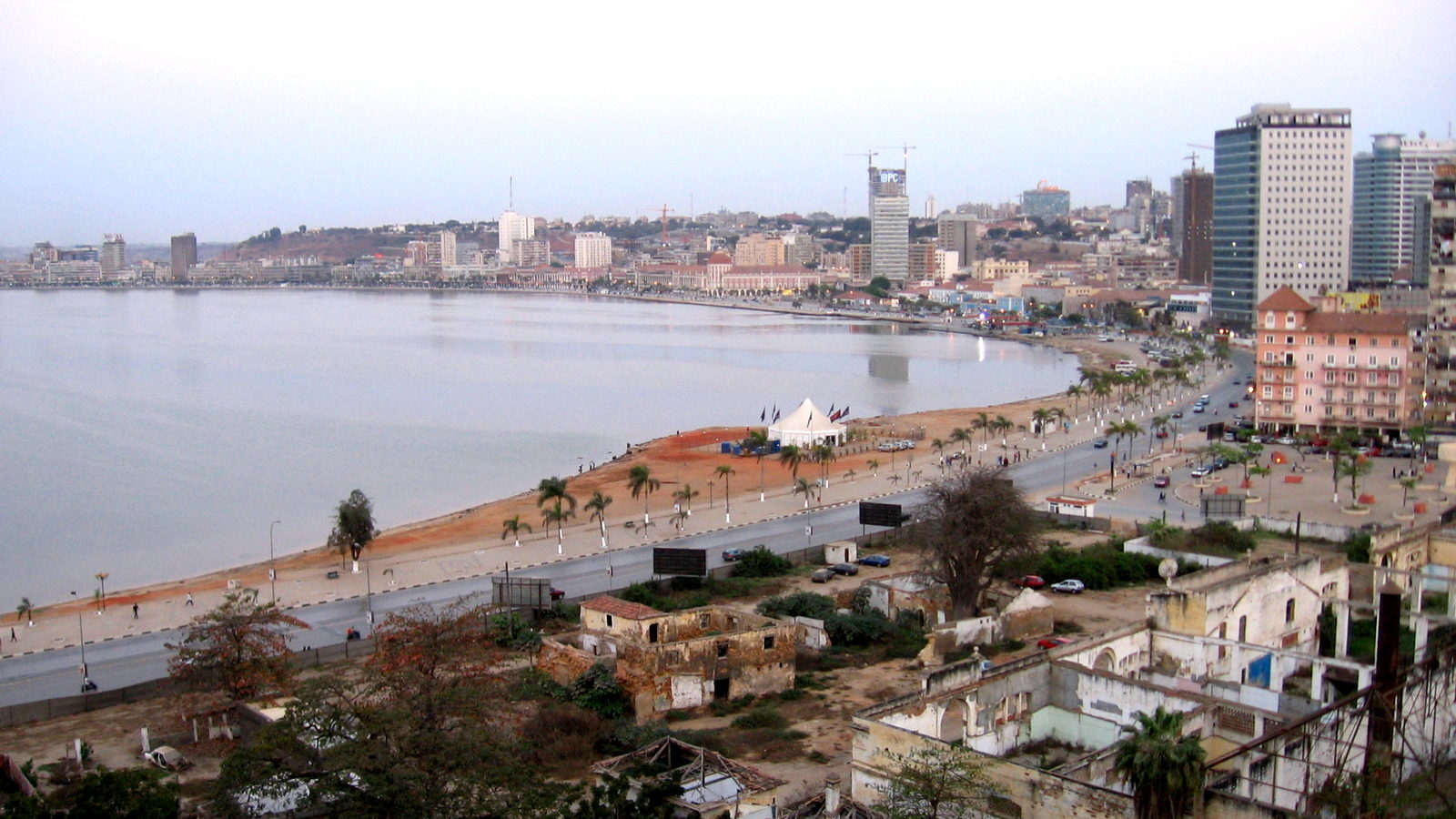OECD notes stricter golden visa criteria
In its latest report for 2021, on "Migration Outlook 2022", the OECD highlights that since January of this year "stricter requirements for obtaining a 'golden visa' came into force.
Portugal has introduced stricter criteria for obtaining the so-called “golden visas”, but limit amounts for real estate investment have remained unchanged, while they have been increased for other areas of investment, the OECD said in its report on migration.
In its latest report for 2021, on “Migration Outlook 2022”, the Organisation for Economic Cooperation and Development (OECD) highlights that since January of this year “stricter requirements for obtaining a ‘golden visa’ came into force.
“Investment residence permits will no longer be possible on the basis of real estate investments in Lisbon, Porto, the Algarve and the coast. Once acquired, residential properties will only allow access to this regime if they are located in the Autonomous Regions of the Azores and Madeira or in inland territories of the country,” the report referring to Portugal stated.
It pointed out, on the other hand, that “there is, however, no change in the limit amounts for property investment, which remains at €500,000 or €350,000 if the building is more than 30 years old”.
“Applications for investment residency for other reasons will be subject to higher investment thresholds. The threshold for capital transfers has increased from €1 million to €1.5 million,” the OECD said.
It also said that the minimum requirement for transfers for research activities, participation in investment and/or venture capital funds and the establishment of commercial companies has increased from €350,000 to €500,000.
The OECD pointed out that Portugal has had a “continuous commitment” to promote “safe, orderly and regular” migration and says that a new version of the National Implementation Plan of the Global Compact for Migration is being prepared, which will take into account “best practices, but also current challenges”.
In the analysis of Portugal, the OECD also highlighted the work done by the Portuguese government to minimise the effects of Covid-19 in the processes of visa applications and residence permits, which were suspended.
In this sense, it said that “all foreign citizens with pending processes at the Immigration and Borders Service (SEF), who have applied by 31 December 2021, are temporarily in a situation of regular stay in the country and have access to health, social support, employment and housing.”
It stated that Portugal received, in 2020, 80,000 new immigrants of a permanent or long-term nature, which represents a reduction of 18.6% compared to 2019. This figure includes 19.9% of immigrants benefiting from free mobility, 40.7% migrant workers, 35.1% family members (including accompanying family) and 0.1% humanitarian migrants.
“Some 12,000 permits were issued to tertiary-level international students. In addition, 29,000 intra-EU secondments were recorded in 2020, a decrease of 42% compared to 2019. These posted workers are generally on short-term contracts,” says the OECD, which is based on data from the High Commission for Migration and SEF.
It stated that Brazil, the United Kingdom and India are the three main countries of origin of people arriving in 2020, and among the top 15 countries of origin, the United Kingdom recorded the largest increase (4,800 more) and Brazil the largest decrease (6,600 fewer) compared to 2019.
On the other hand, regarding the number of asylum seekers, the OECD says it increased by 50% and reached 1,400, with the majority coming from Afghanistan (600), Morocco (100) and India (80).
Since 2020, the largest increase pertains to Afghan nationals, while the largest decrease pertains to Gambian nationals.
It also states that in 2021, 60% of the 510 asylum applications had a positive response.


